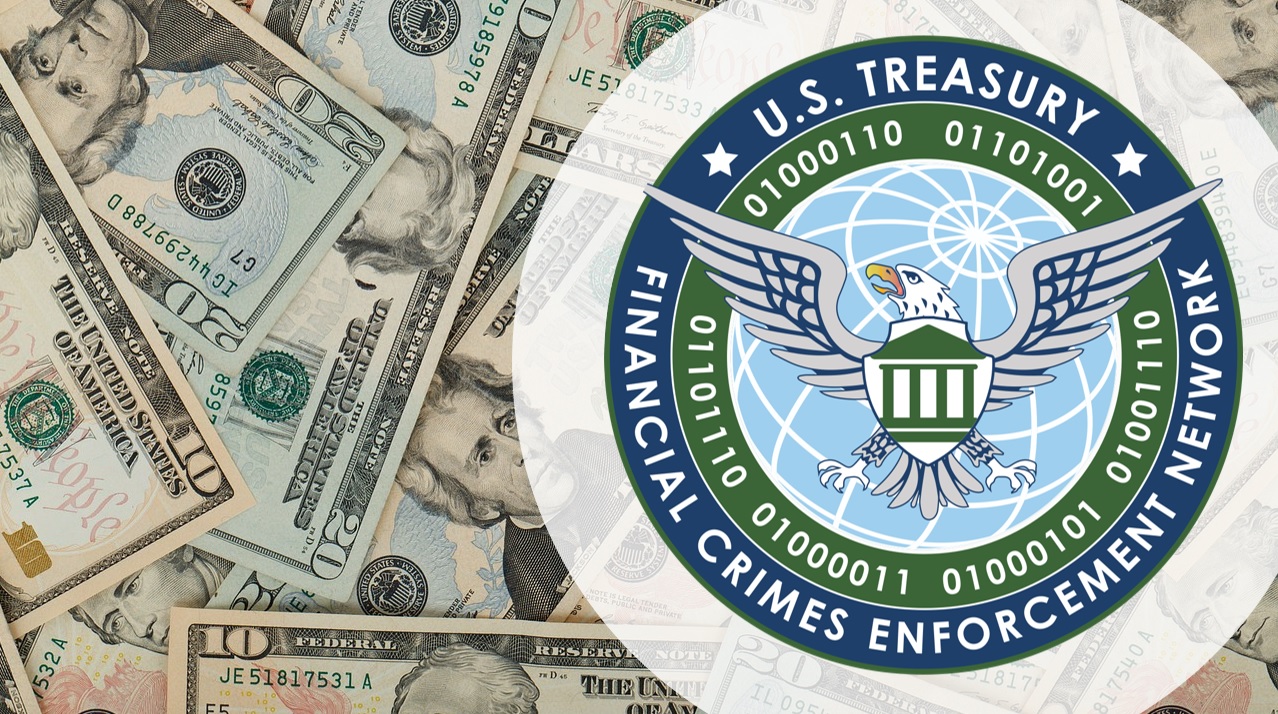By Dan Byrne for AMLi
A SENIOR FIGURE at the European Central Bank has laid fresh and harsh criticism on private cryptocurrencies – stablecoins in particular – as he calls on the EU to closely guard its monetary sovereignty.
Fabio Panetta, former director of the Bank of Italy and current member of the ECB Executive Board, has said that stablecoins stand to make significant inroads in European markets thanks to the influence of big tech firms.
However, he warned of extensive risks when comparing them to more traditional forms of payment.
‘Stablecoins raise concerns with regard to consumer protection and financial stability,’ Panetta told a Future Payment of Europe conference at the Deutsche Bundesbank.
‘The issuer of a stablecoin cannot guarantee the certainty of the value of the payment instrument it offers to consumers. Such a guarantee can only be provided by the central bank.’
Stablecoins are sub-types of cryptocurrencies designed to minimise their own volatility levels – usually by pegging them to relatively stable assets such as other cryptocurrencies, fiat money or precious metals.
Their adoption – much like that of cryptocurrencies overall – has been met with widespread scepticism among lawmakers and financial controllers given the increased risk they carry as opposed to more traditional forms of finance.
They are seen as more attractive channels for money launderers, and for private enterprises to enlarge their hold on public finance.
‘Unlike bank deposits, stablecoins do not benefit from deposit guarantee schemes, their holders cannot rely on the degree of scrutiny that is now the norm in banking supervision, and the issuers do not have access to central bank standing facilities,’ Panetta said.
The prospect of private money in forms like stablecoins displacing publicly regulated currencies was a danger to monetary sovereignty, he claimed.
‘We should safeguard the role of sovereign money, a public good that central banks have been managing for centuries.’
Safeguarding government control of public finance is a debate that has drifted, in part, towards the idea of a ‘digital euro’ – a government-regulated digital currency to match private equivalents like bitcoin, libra or tether.
ECB President Christine Lagarde told an online panel in November that her ‘hunch’ was that a digital euro would become a reality. However, she did not announce it officially, and any decision will likely not be made until a consultation process ends in January 2021.
‘It would complement cash, not replace it,’ Panetta said. ‘A digital euro should be a means of payment, not a form of investment that competes with other financial instruments.’
‘This would mean that… unlike stablecoin issuers, the issuer of the digital euro – the ECB – would not aim to acquire deposits.’
Share this on:
Follow us on:








